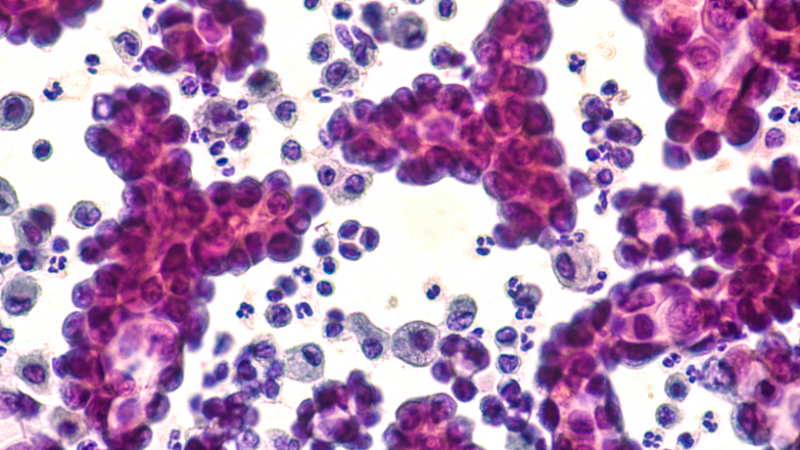ADAURA Trail Results Reveal 79% Reduction in Risk of Death with Tagrisso
The eagerly anticipated data from the Phase III ADAURA trial were announced on Sunday 31 May at the virtual ASCO 2020 conference revealing impressive improvements in primary and secondary endpoints and will lead to a new standard of care for a subset of non-small-cell lung cancer patients (NSCLC). In April, an Independent Data Monitoring Committee (IDMC) recommended the ADAURA trial to be unblinded two years early after the determination of overwhelming efficacy and the detailed results were presented at ASCO 2020 for the first time. The trial revealed a 79% reduction in the risk of disease recurrence or death with Tagrisso (osimertinib), a third-generation epidermal growth factor receptor (EGFR) inhibitor, versus placebo in the adjuvant setting in EGFR mutant patients with early-stage disease (stage IB, II and IIIA).
Lung cancer is the leading cause of cancer death worldwide, accounting for more than 1.7 million deaths annually, and as many deaths as breast, prostate and colorectal cancers combined. NSCLC represents 85% of all lung cancer cases, with an estimated 30% of patients presenting with the resectable disease at diagnosis. Surgery is the primary treatment for patients with early-stage NSCLC, while adjuvant cisplatin-based chemotherapy is recommended for patients with resected stage II-IIIA NSCLC. Overall, disease recurrence or death following surgery and adjuvant chemotherapy remains high across disease stages. The treatment paradigm for NSCLC has become increasingly segmented and biomarker-driven in the last two decades. One of the first actionable biomarkers to be discovered in NSCLC was the molecular alteration of the EGFR gene, and EGFR inhibitors first entered clinical development in 1997. Over the last 20 years EGFR-tyrosine kinase inhibitors (TKIs) have redefined treatment for patients with advanced EGFR mutant NSCLC, and Tagrisso represents a refined third-generation kinase inhibitor, with demonstrable superiority compared to first-generation TKIs and efficacy in EGFR-TKI resistant populations. This success has placed AstraZeneca’s Tagrisso as the standard of care in the first-line advanced EGFR mutated population and is the top-selling brand in a resurgent AZ oncology portfolio.
For the first time, the ADAURA trial has demonstrated the overwhelming benefit of adding a targeted agent to the treatment paradigm for patients with EGFR mutated early-stage NSCLC. This announcement will represent a significant commercial opportunity for AstraZeneca given their best-in-class status in the metastatic setting, and a likely first-in-class approval in the early-stage setting off the back of the ADAURA trial data. In Q1 2020, AstraZeneca announced 58% revenue growth in the Tagrisso brand, consolidating its position as AstraZeneca’s lead oncology brand. This latest approval will help Tagrisso inevitably achieve significantly higher annual sales in 2020. AstraZeneca has planned to complete its regulatory submission and/or acceptance in H2 2020.






